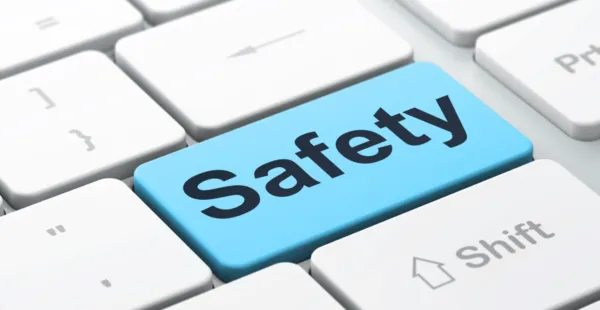Blog
How to stay safe online & tips to avoid online scammers & keep your accounts secure.

Staying Safe Online
Safety should always come as a top priority when surfing the web, and while it may sound like a hassle, it doesn’t actually take that much work to stay safe online. To make it even easier for you, we’ve compiled a list of tips that will make your days on the internet safer.
Top 5 Tips
1
Don’t share personal info
This one might seem obvious, but all the things you share on the internet might be used in a way that ends up being harmful to you, so always keep your personal information private.
2
Secure networks
Avoid using unlocked public Wi-Fi networks unless it’s strictly necessary and, while at home, use a VPN to keep your connection secure from any monitoring.
3
Verify links
Only log into sites that start with https:// and make sure you know and trust any links before you click on them. This also applies to QR codes, as you should only scan them when you know the source.
4
Backup your data
Always keep electronic copies or backups of any important files to protect yourself from a possible data loss.
5
Use antivirus and antimalware software
Protection must always be in place when you surf the web. If you need some guide on getting the best antivirus for you, here at ILL IT we’ll be glad to help you!

Spotting Online Scammers
Online scams can come in many forms, from dating apps, to shopping sites, to fishy job offers and more. However, scammers usually share some common traits, such as trying to elicit an emotional reaction from you; asking you to take actions like calling a number, clicking a link, or logging in to an account; requesting any kind of personal info; overpaying you or making offers that seem clearly unrealistic; asking you for money; or pretending to be someone else, whether it be a family member, someone from a business, your employer, or a government officer.
Keeping your Account Secure
Keeping your accounts and therefore personal information from falling into the wrong hands is not as hard as it may seem, and following these simple steps will help you keep your online life secure.
- Create unique and strong passwords, trying to make them different for each account.
- Be mindful of what you share on social media, as it can always be exposed to data breaches.
- Turn on two-factor authentication whenever it’s available.
- Make sure your operative system, software and antivirus are updated.
- Turn off the ‘Save Password’ feature in browsers.


